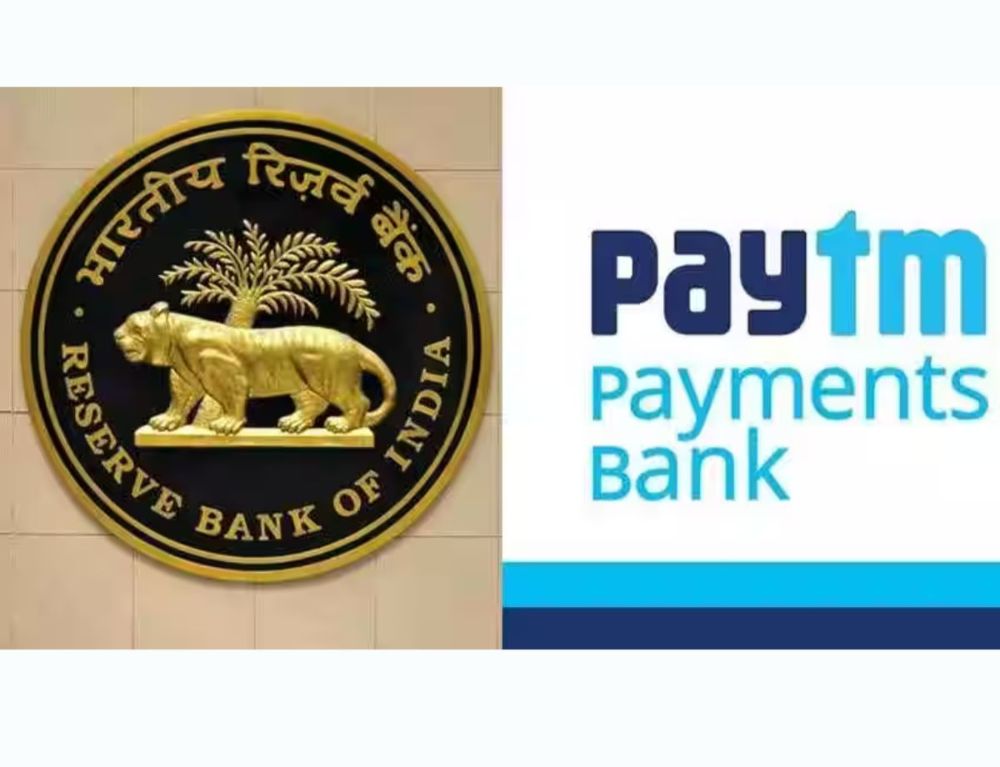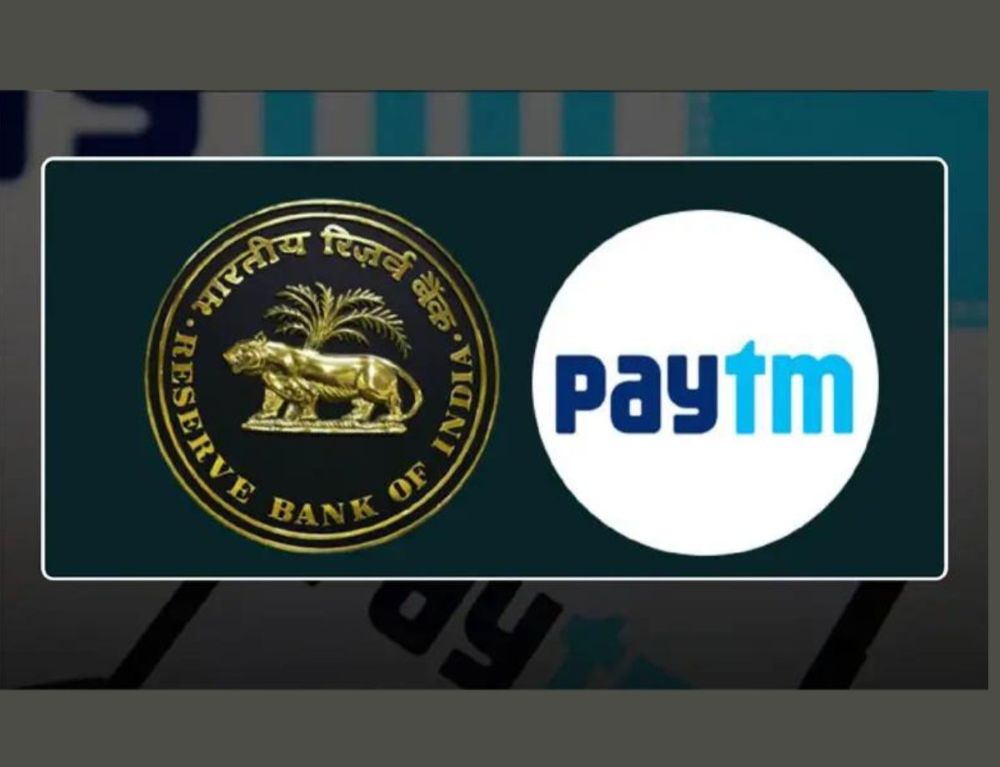On February 4, the Confederation of All India Traders (CAIT) released a warning advising traders to transition away from using Paytm for business transactions due to recent restrictions imposed by the Reserve Bank of India (RBI) on Paytm’s wallet and banking operations.

“The Reserve Bank of India has imposed certain restrictions, prompting CAIT to recommend that users take proactive measures to protect their funds and ensure uninterrupted financial transactions. Large number of small traders, vendors, hawkers and women are making payments through Paytm and as such RBI restrictions on Paytm could lead financial disruption to these people,” the Confederation of All India Traders (CAIT) stated.
Additionally, CAIT suggested that if there are any indications of financial irregularities, the Enforcement Directorate should conduct an investigation into Paytm Payments Bank. Bhartia and Khandelwal encouraged traders to explore alternative payment applications or consider direct UPI transactions. On January 31, the Reserve Bank of India imposed restrictions on Paytm Payments Bank, prohibiting it from initiating any new deposit or credit transactions in customer accounts after February 29. Concerns regarding money laundering and questionable transactions involving hundreds of crores of rupees between the popular Paytm wallet and its less-known banking subsidiary prompted the Reserve Bank of India to take action against entities led by tech entrepreneur Vijay Shekhar Sharma, according to sources.

This implies that customers can utilize their current deposits and make payments for services using the funds stored in their wallets until February 29. However, if the RBI does not reverse its decision, the option to add funds to the Paytm wallet will cease, and transactions through it will no longer be possible..

Praveen Khandelwal, Secretary General of CAIT, expressed concerns regarding the security and sustainability of financial services offered by Paytm due to the recent RBI restrictions. He stressed the importance of this cautionary advisory, urging traders to take immediate action and make well-informed choices to minimize any possible negative impacts on their financial activities.
